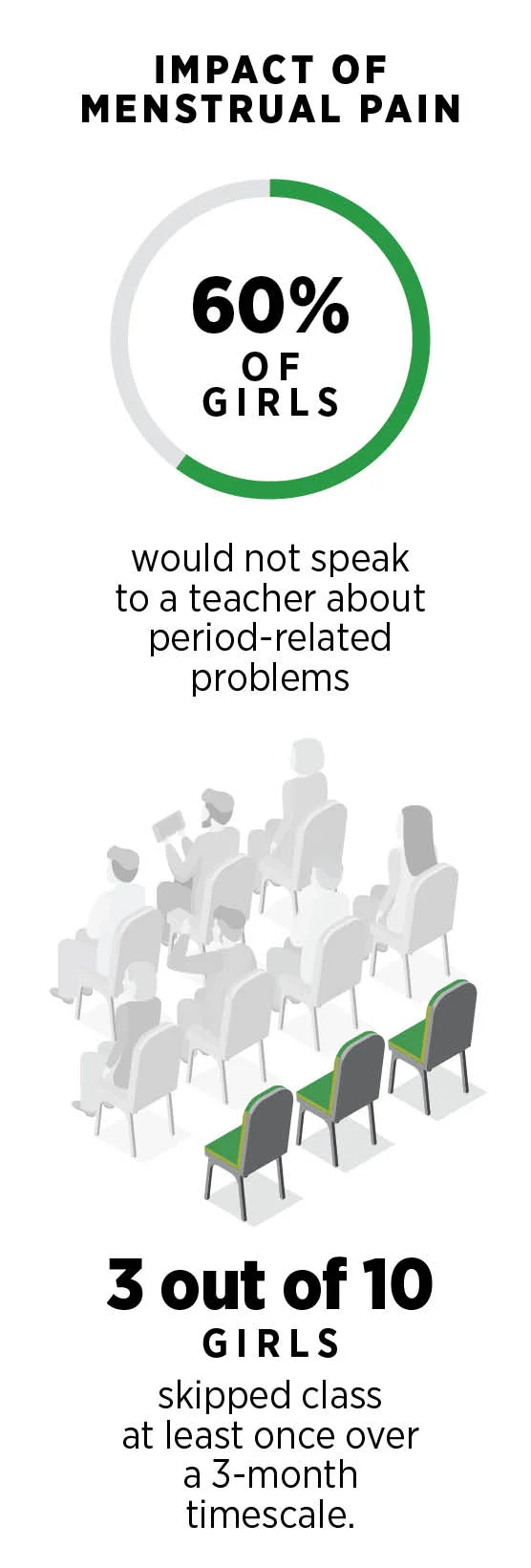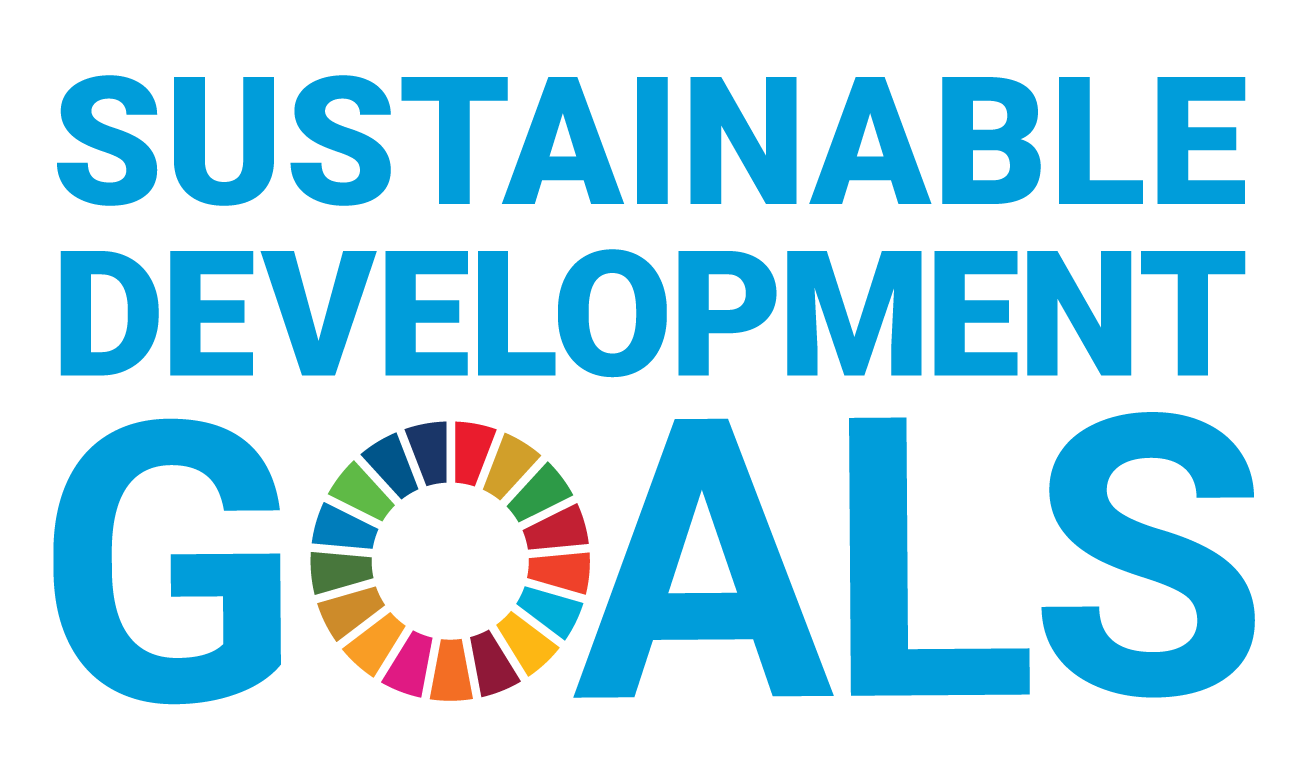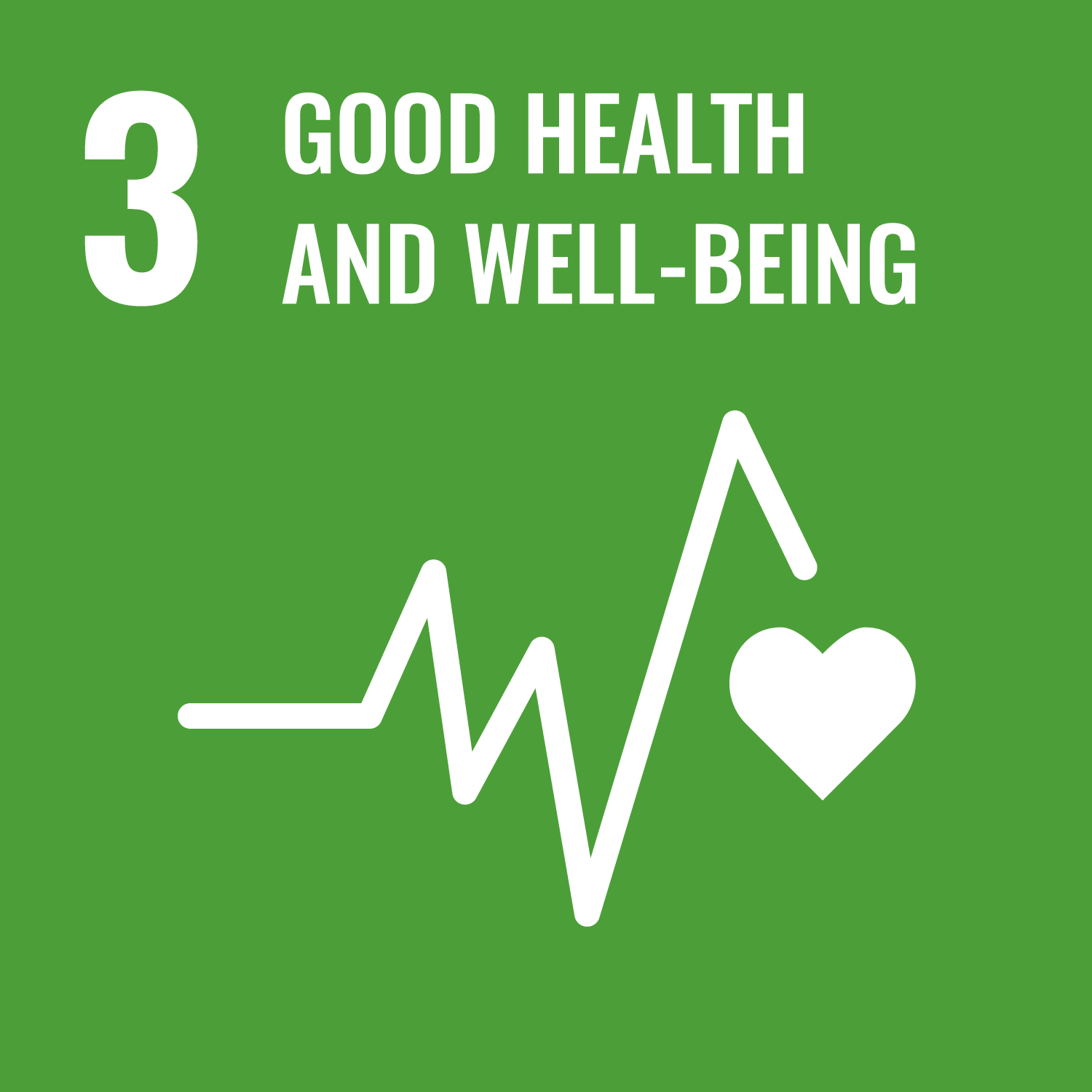You can search for courses, events, people, and anything else.
By improving the menstrual literacy of young Australians, the health and wellbeing of more than 12 million women will be enhanced. Dr Mike Armour and a team at Western are trying to find a way to deliver information about menstruation in an easily accessible manner.
Menstrual issues, such as period pain or heavy menstrual bleeding, affect more than 90% of women under 25 in Australia, affecting young women’s attendance rates and concentration at school and in higher education. In 2018, a team of researchers led by Armour, a senior research fellow at Western’s NICM Health Research Institute, surveyed more than 4,000 Australian girls and young women to find out how much they understood about their periods.
“Young women in Australia, in theory, learn about menstruation in physical education classes, but very few found that information valuable,” says Armour.
Using information from the survey, the research team developed Menstruation Matters, a web-based resource designed to improve young women’s knowledge of menstrual health. The program delivers information about menstruation, evidence-based self-managed methods to help reduce period pain such as practicing yoga and dietary advice, and how to approach their GP if they have further concerns.
One participant said: “[Menstruation matters] filled in some gaps I had from school. I don’t remember learning much practical stuff in school, just what a period was. Now I understand why I get [period] cramps and things I can do to help manage it.”
Need to know
- Western researchers surveyed more than 4,000 young women about periods.
- They developed Menstruation Matters, a web-based resource in response.
- It provides information and screening.
Menstruation Matters doesn’t just provide information and self-care advice; a key part of the website is screening – all participants answer five questions via a tool called PIPPA (Period ImPact and Pain Assessment). “If they get a high PIPPA score they receive an email advising them to see a GP for further investigation,” explains Armour, “we also provide them with a letter to take to the GP that explains the PIPPA score and why it is important to follow up on this.”
Since 2018, Menstruation Matters has been included in Period Talk, an educational programme that aims to inform boys and girls aged 9-13 through a series of videos about periods. Founder of Period Talk, Tasha Lawton, said Menstruation Matters provided some much-needed verification of the information in Period Talk. “It was very important to me to ensure I had as much proven data included in Period Talk [as possible], not only to give it more credibility but to make sure it really was a genuinely holistic and all-encompassing resource.”
The impact is clear, with Period Talk being delivered in more than 100 schools across Australia. The Queensland State Government has now committed to rolling the programme out to all public schools during 2021 and 2022. Menstruation Matters has also been used in the development of an app that is designed to provide acupressure and self-care advice to reduce period pain. The app, Luna, is currently available in Australia, USA, Germany, Brazil and Taiwan. Armour has high hopes for Menstruation Matters and hopes to secure a grant to grow the programme by developing it into an app itself. “The information is valuable, but we need to make sure we are delivering it in a format that is accessible and understandable for young women.”
Meet the Academic | Dr Mike Armour
Dr Mike Armour is a Senior Research Fellow in Reproductive Health, based at NICM Health Research Institute, the chair of the Endometriosis Australia Research Committee, a member of the RANZCOG endometriosis expert working group (EEWG) and a clinical advisory committee member for Endometriosis Australia.
Mike is also a co-investigator on the upcoming Western Sydney University whitepaper “What’s the Bloody Big Deal? How your workplace could benefit from normalising menstruation”. Mike is a menstrual health and endometriosis expert. He works in various areas, from randomised controlled trials focusing on non-pharmacological interventions such as traditional Chinese medicine and medicinal cannabis to improve the symptoms of dysmenorrhea (period pain) and endometriosis, to the impact of menstrual conditions on work, the economy, school, and higher education. Mike's work focuses on those with endometriosis, pelvic pain and other menstrual symptoms. He works to design educational interventions helping to improve menstrual health literacy and empower women and those who menstruate to better understand what is ‘normal’, how to manage symptoms, and importantly, when to seek out medical care. It is crucial work when over 830,000 women in Australia have endometriosis. Mike has developed strong partnerships with Endometriosis Australia and Kimberley Clark, focusing on improving menstrual education and reducing the burden of menstrual disorders.
Credit
© Angelina Bambina/iStock/Getty Images Plus; © Adam Winger/unsplash
Future-Makers is published for Western Sydney University by Nature Research Custom Media, part of Springer Nature.








